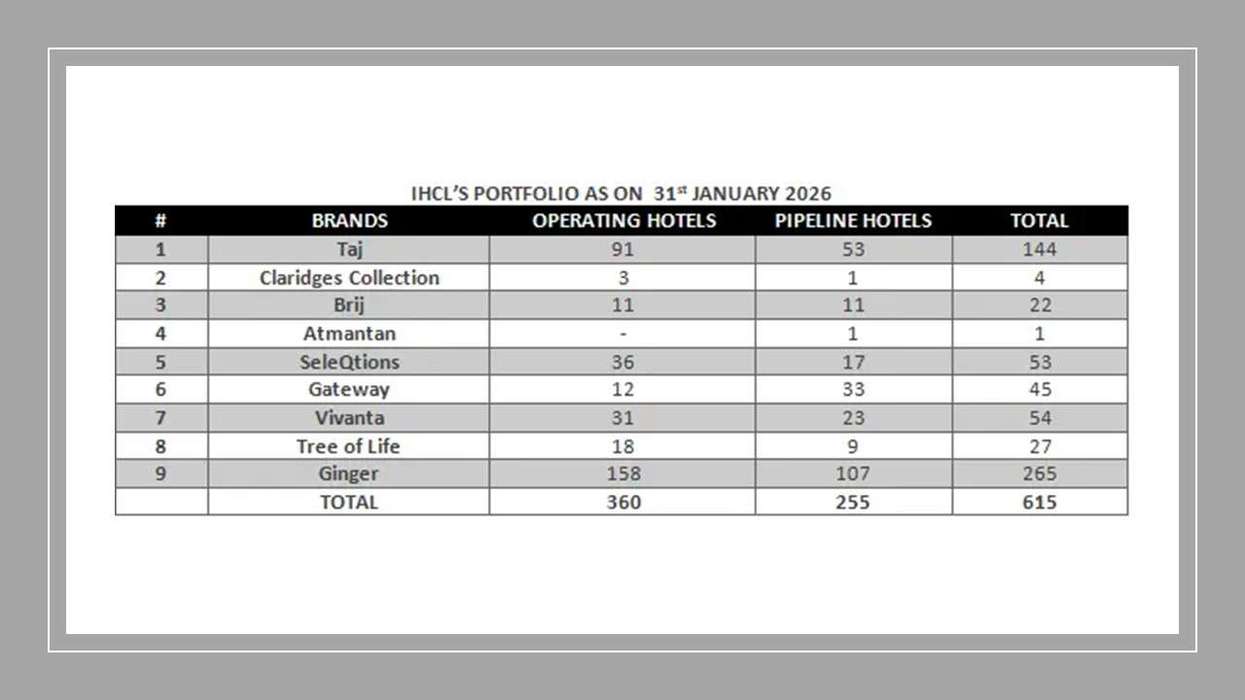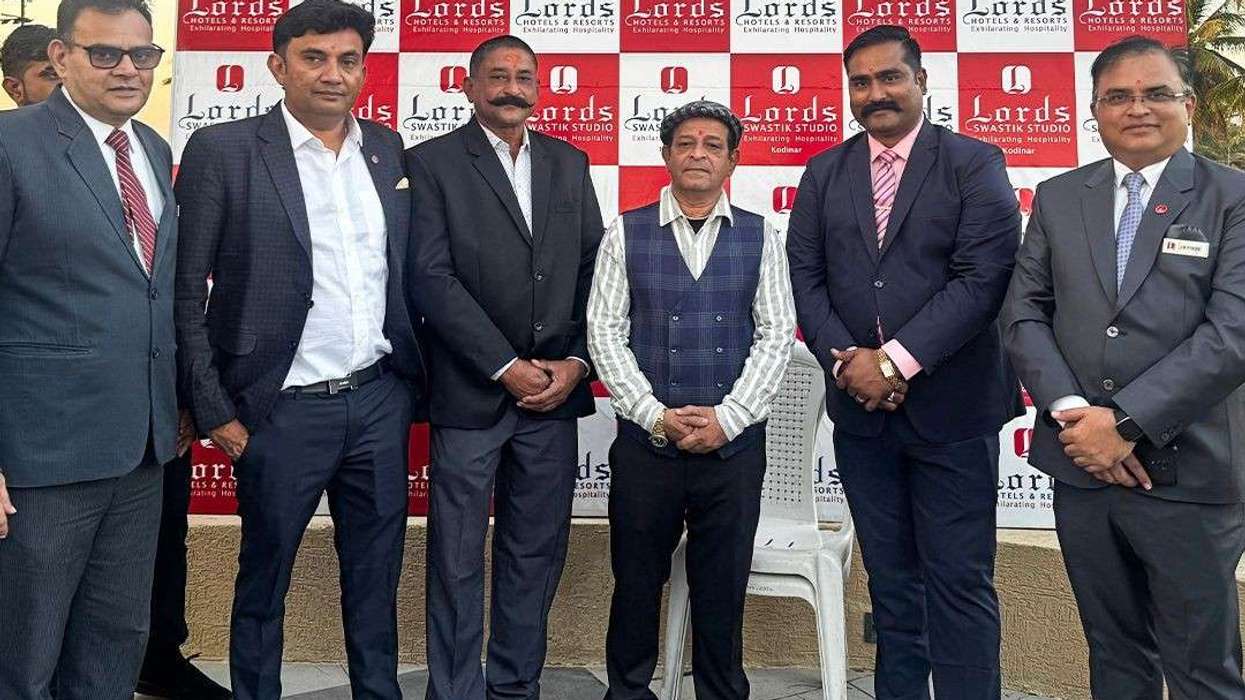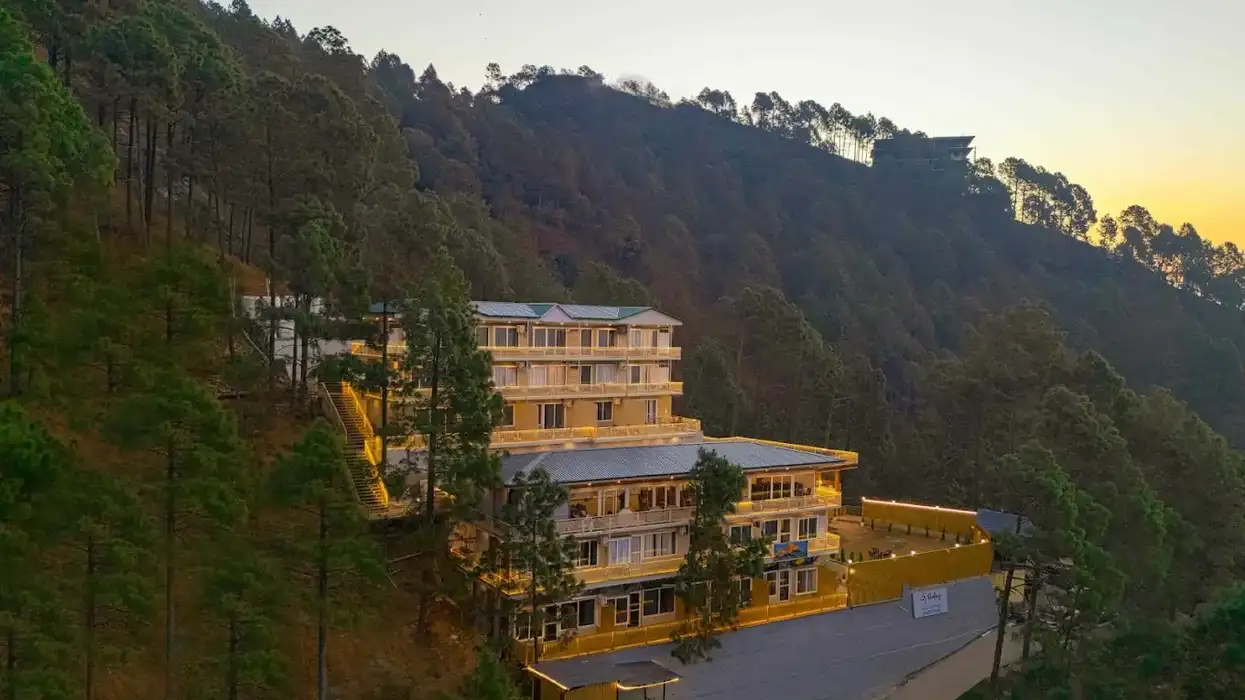Why Hotels Are Key in the Fight Against Human Trafficking?
BUSINESS ENDING SLAVERY and Trafficking is offering a free version of its “Inhospitable to Human Trafficking” training for hospitality employees. Any hospitality worker can now access the 30-minute online video through BEST’s website.
The hospitality industry sees frequent human trafficking incidents because traffickers use hotel premises to commit crimes and house victims, BEST said in a statement. The non-profit aims to give more hotel employees the tools to address this crime.
“Inhospitable to Human Trafficking is designed to equip hotel staff in various roles to recognize indicators of human trafficking and take effective action,” said Kirsten Foot, BEST’s CEO and executive director. “People who take this training are better able to assist victims while protecting themselves, their guests, colleagues, and hotel."
Sex trafficking is not the only form of trafficking that occurs in hotels, BEST said. Controllers of people forced to work in other industries also use hotels. For example, traffickers running sales or construction crews may house workers in hotels and abandon them if they fail to meet a quota. Labor trafficking victims are often financially controlled and made to work for little or no pay.
Labor and sex trafficking victims have reported staying at hotels during exploitation and not being acknowledged or assisted by staff, the statement said. It is important that staff understand both forms of trafficking to recognize the specific indicators of each. Training hotel employees to identify and respond to signs of trafficking can help prevent such situations.
Hospitality staff can register and complete the English- or Spanish-language course at their own pace.
The AHLA Foundation’s No Room for Trafficking initiative has delivered more than 2 million anti-trafficking training sessions to hotel employees nationwide and contributed more than $2.2 million to support survivors, according to its website.
In November, the American Hotel & Lodging Association and its technology committee, Hospitality Technology Next Generation, released an updated Staff Alert Device Buyer’s Guide to help hoteliers choose personal safety devices.






